The wonderful wildlife in Belfast that will be captured on camera
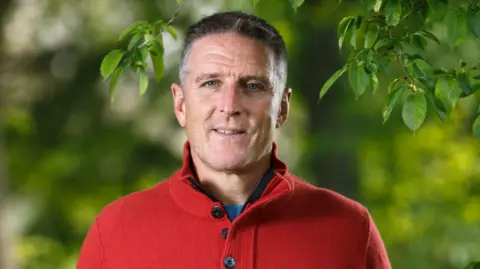 BBC Studios
BBC StudiosDespite being a large city, Belfast is home to a surprising amount of wildlife.
Television presenter Iolo Williams is determined to seek out its rich and varied urban characters and meet the people keen to keep the city wonderfully wild.
"It's always good when you visit somewhere which has got a big population with wildlife in the middle of it, because most people now live in towns and in cities," he said.
Williams will be undertaking a three-week nature trek through some of Northern Ireland's most diverse wildlife hotspots as part of the 20th anniversary of BBC Springwatch.
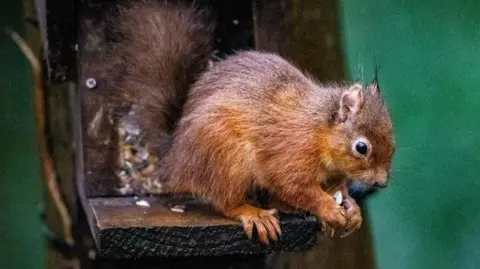 PA Media
PA MediaThe series will return to BBC Two and BBC iPlayer from Monday 26 May, led by Chris Packham and Michaela Strachan.
There will be three weeks of live programmes set in the National Trust's Longshaw Estate in the heart of the Peak District but it will also feature three places in Northern Ireland: Belfast, Rathlin Island and Mount Stewart in County Down.
Williams added: "It's great for us to show things like golden eagles and white-tailed eagles and basking sharks, but wildlife for most people is what they see in their gardens or in their local parks or in town."
Rathlin Island a 'vital' breeding ground
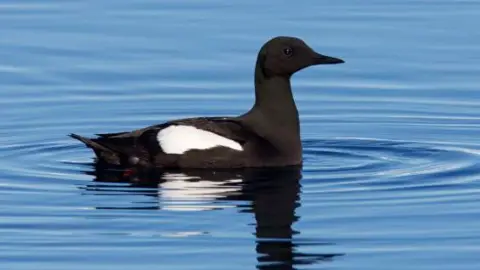 Getty Images
Getty ImagesAfter Belfast, Williams will travel by ferry to Rathlin Island, a biodiversity hotspot and Northern Ireland's most northerly point.
It is a vital breeding ground for a variety of seabirds and home to endemic species such as the mysterious golden hare. Williams will also hope to hear the call of the rare corncrake.
Williams said: "It's a migratory bird which 100, 120 years ago was really common. It's now declining throughout its range in Europe.
"It has disappeared from Wales, hanging on in one or two places in England, and just hanging on in the wilder parts of the west coast, mainly of Scotland, and it's holding on in Ireland as well."
At Mount Stewart, Williams will introduce viewers to a range of wildlife.
There are 10,000 recorded species at Mount Stewart which has diverse woodlands, ghost ponds, rough farmland fields, twisting hedgerows, and a tidal lough scattered with green islands.
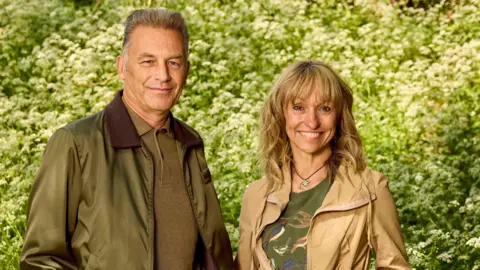 BBC Studios
BBC StudiosThroughout the series, live nest-cameras rigged across springtime locations will tell the story of the season alongside a range of pre-recorded films, which have been capturing moments of spring 2025.
Springwatch will continue to reveal an insight into the lives of wildlife, and with 20 years behind it, the programme will build a clear picture of how wildlife has changed since it began filming as well as make some predictions for its future.
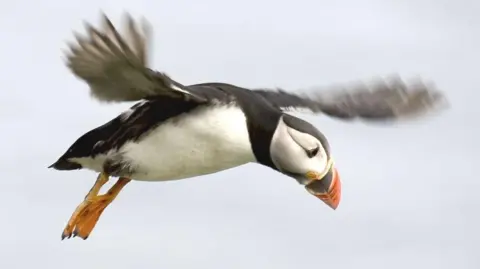 Getty Images
Getty ImagesThe programme's executive producer, Rosemary Edwards, said: "Filming in new locations is always a challenge.
"But getting to know the wildlife there and uncovering new, uplifting stories about our native flora and fauna is something that never ceases to excite us."
BBC Springwatch returns at the following times:
Mon 26 May – Thursday 29 May at 20:00 GMT
Mon 2 June – Thursday 5 June at 20:00
Mon 9 June – Thursday 12 June at 20:00
